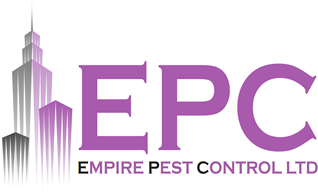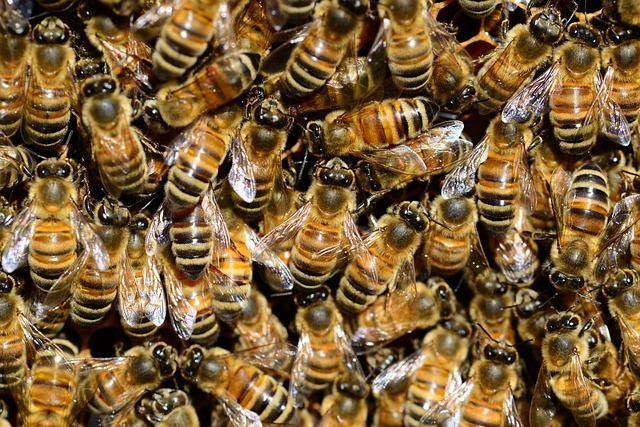Summer is nearly here, so it’s time to learn about what stinging insects may be in your garden this year. With the warmer weather comes larger numbers of bees, wasps and hornets.
There are loads of different species of stinging insects across the UK. Knowing how to treat them can be really difficult. Here we are going to help you identify the different types of stinging insects because you need to get rid of them from your London garden.
Identifying Stinging Insects
- Bees – Bees are normally quite large, round and furry. You will see they have stripes across them. They tend to nest in secluded areas, because this is where they won’t be disturbed.
- Wasps – Wasps are a lot smaller and thinner than bees, and don’t look furry. They have the same sort of stripes, and use their stings a lot more often. This is why wasp control in London is crucial.
- Hornets – Much like wasps, except a bit bigger. Hornet stings are particularly nasty, therefore their nests should always be avoided where possible.
Getting Rid Of Stinging Insects
Leave them alone – If you locate a nest on your property, leaving the stinging insects alone may be a good option. Having bees around your garden can be especially good for the flowers, and larger colonies tend to decline naturally towards the end of July. However, if the nest you’ve found is near to your London property, you need to be careful. Make sure the welfare of your family and your pets is the primary focus. The relocation or extermination of stinging insect nests should always be done by a trained pest control professional.
Relocate them – This is more of an option if you have a bees nest on your property. Here in the UK bees are protected. Therefore it’s more favourable to have the nest moved to somewhere else safely rather than exterminating the bees.
Exterminate – Treatment of any sort of stinging insect nest must be carried out by a trained professional. If you have found a stinging insect nest in your London garden, give us a call today with our 24 hour emergency service. Do not attempt to remove or relocate any nests by yourself. It is incredibly dangerous if you are not trained. You can end up being seriously hurt due to lack of expertise..



Leave a Reply